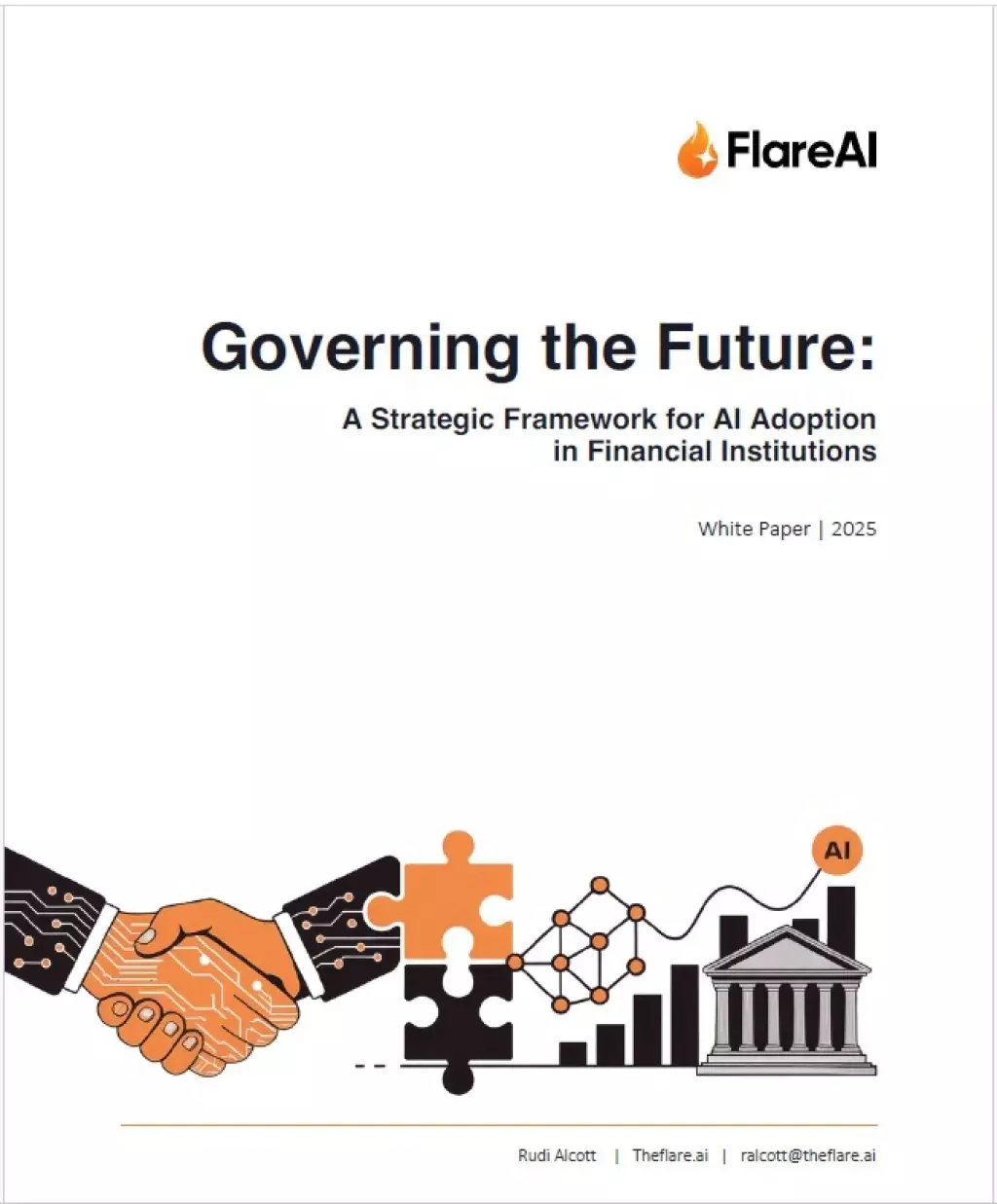Anthropic Seeks Dismissal of Copyright Lawsuit Over AI Training

Anthropic has asked a California federal court to dismiss a lawsuit filed by a group of authors who allege that the company violated their copyrights by using their works to train its AI model, Claude. Reuters reports that Anthropic argues its use of the authors' books constitutes fair use, as it transforms the original works into something new.
The lawsuit, filed by writers Andrea Bartz, Charles Graeber, and Kirk Wallace Johnson, claims that Anthropic used pirated versions of their works to train Claude. Anthropic contends that its training process is protected under the copyright doctrine of fair use, which allows for the unauthorized use of copyrighted material under specific circumstances. The company asserts that its AI training is a "transformative" act that U.S. copyright law encourages to promote human creativity.
The case, Bartz v. Anthropic PBC, is being heard in the U.S. District Court for the Northern District of California. Anthropic's legal team argues that the AI model's purpose is fundamentally different from allowing users to read the plaintiffs' books, thus supporting their fair use claim.
We hope you enjoyed this article.
Consider subscribing to one of our newsletters like AI Policy Brief or Daily AI Brief.
Also, consider following us on social media:
More from: Regulation
Subscribe to AI Policy Brief
Weekly report on AI regulations, safety standards, government policies, and compliance requirements worldwide.
Whitepaper
Governing the Future: A Strategic Framework for AI Adoption in Financial Institutions
This whitepaper explores the transformative impact of artificial intelligence on the financial industry, focusing on the governance challenges and regulatory demands faced by banks. It provides a strategic framework for AI adoption, emphasizing the importance of a unified AI approach to streamline compliance and reduce operational costs. The document offers actionable insights and expert recommendations for banks with fewer than 2,000 employees to become leaders in compliant, customer-centric AI.
Read more
